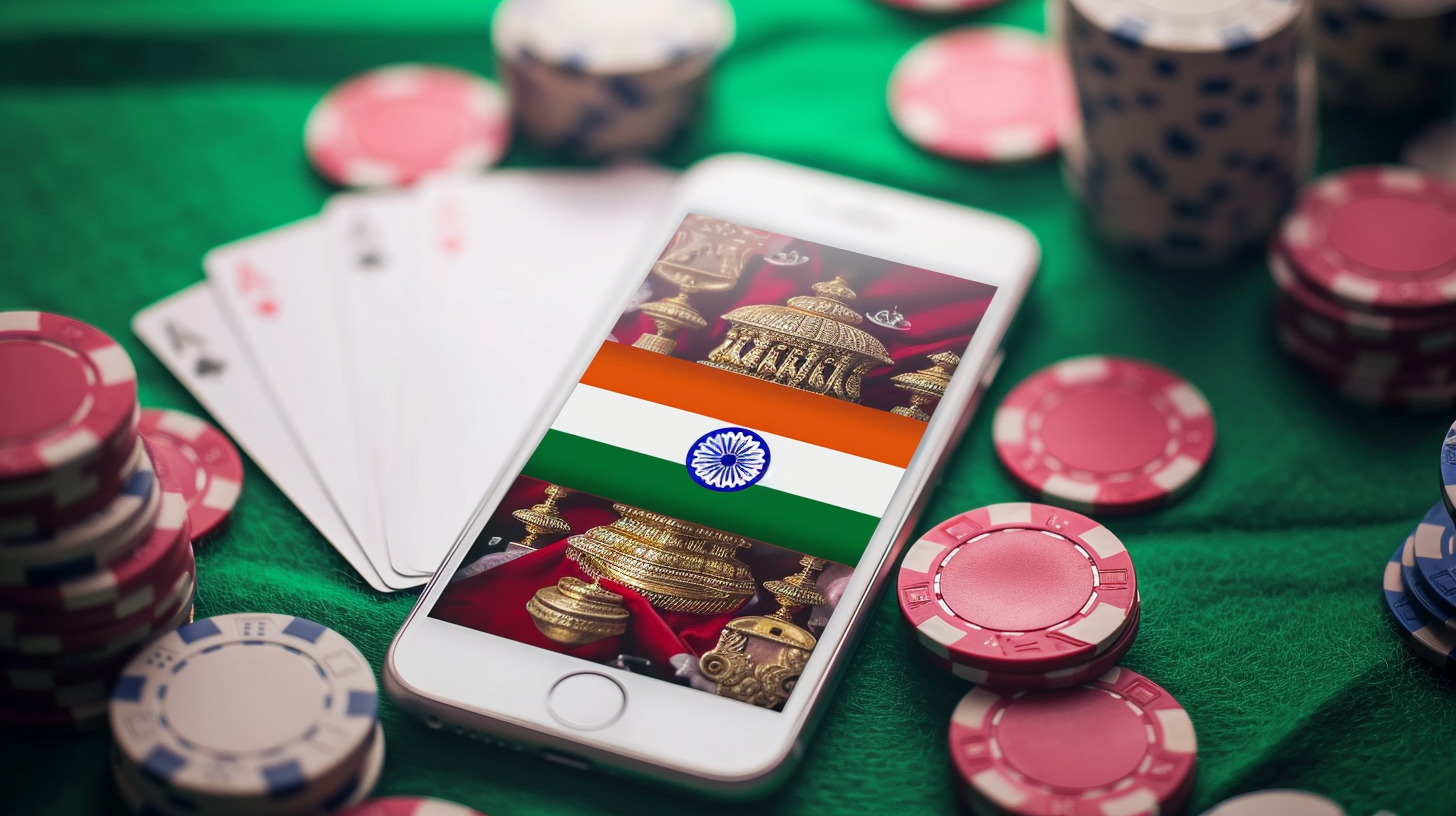Tanisha Khanna from Nishith Desai Associates, a key figure in the Gambling Association, and Aruna Sharma, a former high-ranking government official, recently discussed with iGB the ramifications of India's new gambling tax and its specific impact on Kerala.
On January 5th, Kerala's Governor, Arif Mohammed Khan, enacted a notable increase in the Goods and Services Tax (GST) on gambling activities, raising it from 18% to 28%. This significant move is a part of the ongoing amendments to the Basic Goods and Services Tax Act of 2017 and its 2023 Third Amendment.
The revised GST is applied to the entire sum paid or deposited to companies involved in online gambling, encompassing casinos, races, and online games. However, Nishith Desai Associates argue that this GST should be limited to payments made for online platform services.
The Finance Minister of India has stated that this 28% rate will be re-evaluated after six months. But, according to Khanna, the implementation process of this new GST has already started. "Several Indian states, including Kerala, are either in the process of or have already introduced this GST rate," Khanna notes.
Despite the discouraging nature of the 28% rate, Khanna believes that it won't significantly hinder India's blooming gambling market. She remarks, "While the high GST rate might deter smaller operators and startups, the existing market is robustly competitive."
Is India going to implement the higher GST tax retrospectively?
The process of implementing the new GST rate is not going very smoothly. Indian tax authorities are trying to apply the 28% rate retroactively. They are sending notifications to online gambling operators about the new tax rate and accusing companies of evading GST payments. Operators, in turn, are reluctant to pay extra millions.
According to media reports, notifications were sent to 71 operators for a total of 1.12 trillion rupees. "GST is only an indirect taxation mechanism," explains Sharma. "The GST Department has issued notifications claiming that the tax should be paid since 2017." That is, the government is trying to apply a retroactive tax scheme and extract 28% instead of 18% tax revenues, starting from 2017, although the new amendments to the law were adopted only in 2023.
Khanna believes that the authorities' approach will have a huge negative impact on operators. "The tax notifications have been challenged in Indian courts - in state courts and the Supreme Court," explains Sharma. "The next hearing is scheduled in the Supreme Court on April 2, 2024."
According to him, the consequences could be so significant that they overshadow the introduction of the 28% GST rate. "The introduction of an increased GST percentage is not a problem in itself, as it will be offset by the resources introduced by operators," she explains. "However, the interpretation of imposing fines with retrospective effect, as well as the percentage on the nominal value of bets, has put the entire market at risk - it has been banned due to tax requirements."
Looking ahead, legal disputes regarding the 28% GST rate are expected to escalate. The government has informed the Supreme Court of India that it will transfer all unresolved GST disputes, currently in local state courts, to the Supreme Court. "This means the issue will be predominantly handled in Indian local courts this year," Khanna states. "The outcomes of these legal proceedings will significantly influence the country's gambling industry."

Why now?
While state lotteries in India are permitted under a separate centralized law, private lotteries are banned. Traditional Indian rummy, recognized as a "skill game" since 1968, is permitted. However, in Kerala, the same game is classified as gambling.
Sharma explains, "Kerala does not adhere to court rulings recognizing rummy and racing as skill games. Additionally, Kerala's local authorities haven't accepted the central government's decree that gambling is under federal, not state, jurisdiction."
Khanna highlights that skill games are generally exempt from gambling bans in most Indian states. "Indian courts recognize skill-based games as constitutionally permissible activities. Yet, a centralized mechanism for classifying games as 'skill games' is lacking," Sharma notes. Only a few states have established laws defining "games of skill."
According to Khanna, national attempts at game classification have been unsuccessful. "The emergence of new skill game formats necessitates a regulatory mechanism for swift and effective game verification," she explains.
Thus, amendments to the Information Technology Rules were proposed to establish joint regulation with self-regulated gaming organizations (SROs). However, the SROs are yet to be organized, and universal classification rules remain unimplemented. The central Ministry of Information Technology now considers assuming direct control instead of collaborating with SROs.

The Future of Gambling in India
In addition to witnessing the failure of the retroactive taxation system and the implementation of the 28% GST rate throughout 2023, the Indian gambling market anticipates quite a development in 2024.
For Khanna, it is intriguing to see how all the aforementioned rules will be applied in practice, especially the regulation of these new introductions by the Ministry of Information Technology. Moreover, a series of significant legal cases have also drawn expert attention.
Last year, the courts in Tamil Nadu and Karnataka overturned bans on skill games, with state authorities deeming these prohibitions unconstitutional. "These bans were challenged by state authorities in the Supreme Court," Khanna states. "As a result, the Supreme Court might also determine the constitutional validity of the bans on skill games. This decision will influence the policy of all states regarding such games."
Sharma believes that the Indian gambling market will continue to establish its significance on the international business stage. "India possesses the potential to become a hub for gambling software developers; we will keep progressing. India is not just a platform for developers, but also a continually growing audience for intellectual games, which expands our prospects," she asserts.
She notes that the Government of India has undertaken the responsibility of regulating the country's gaming industry. "As a developing nation with a low income level, the government has assumed a moral obligation to protect gamers. The authorities are tasked with ensuring informed and non-misleading advertising, classifying games, and developing policies regarding intermediaries to combat money laundering and other challenges in the gambling industry."
Much of what could lead to revolutionary legislative changes in India will be developed over time. For now, the industry is watching and waiting.









